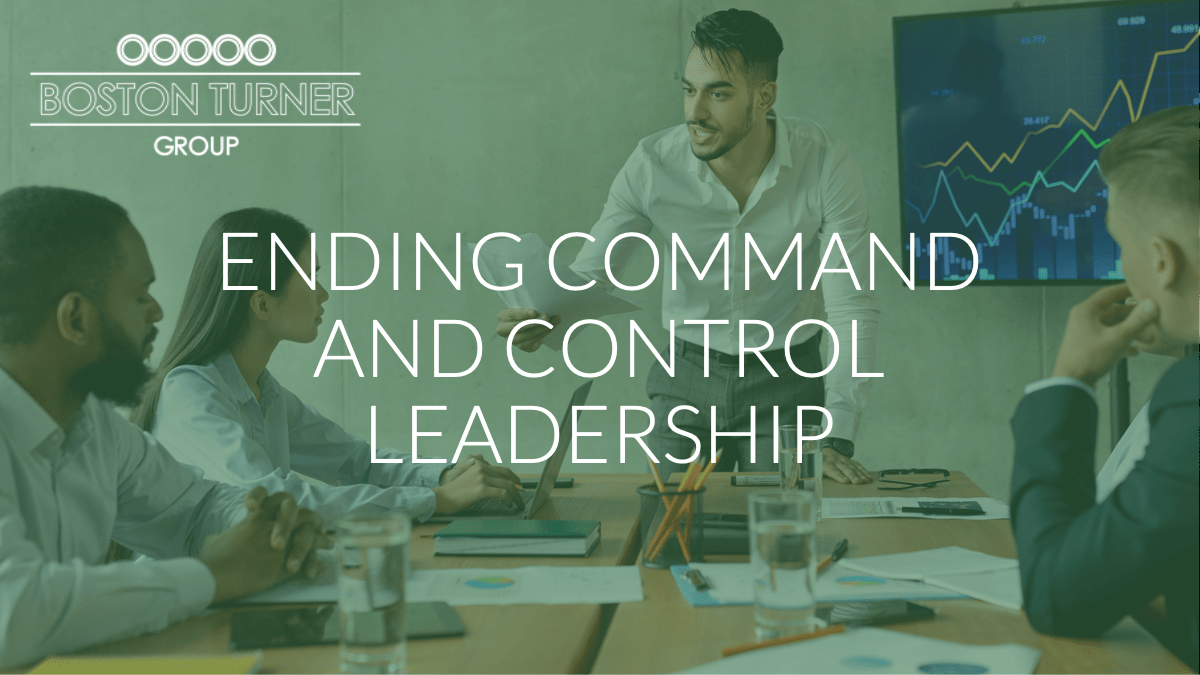Family businesses are great. You get to do what you love surrounded by the people…

Would Someone Buy Your Business Today?
Are you running the kind of business that is creating so much value that an outside buyer would give you an above market offer? Are you running the kind of business that you would buy if you were in the market?
Your business is your primary investment – is it running like you’d want it to run if you were going to reinvest today?
When an investor is looking to buy a business – setting aside certain strategic reasons like increasing the size of their product footprint or consolidating competition – they want to know that it is successful, systematic and repeatable. They want more than just a track record of success; they want assurance that you have created a system that can promise success into the next five to ten years as well.
There are many ways to demonstrate a proven, repeatable system of success, but the following four areas are the most critical:
- Demonstrably Profitable Business Model
- Proven System of Operation
- Reliable Leadership Team
- Customer Loyalty
1. Demonstrably Profitable Business Model
I know a lot of software CEOs and you might be surprised how many times I hear something like, “a friend of mine sold their $2M company for $20M, so I’m planning on a 10X for my company, too.”
Well, not so fast.
I can point many $2M companies I know that sold for a 1-2X revenue multiple. The difference comes down to several factors. As I mentioned above there could be strategic benefits like build vs. buy R&D investment decisions, competitive advantages and migration plans for a large customer base that drive higher multiples. Those advantages aside, your valuation boils down to proving you can add profit consistently. So, a company that went from $0 to $2M in 18 months with a 92% gross margin is going to command a higher multiple than a company that has hovered around $2M for several years because of high churn rate or other issues.
An investor wants to know how fast you are growing your profits. A business that grows its profits at a higher rate than average will be considered more valuable, while one that stagnates or decreases in profits will decrease in value. This applies to both large and small businesses, both public and private businesses. Look at public profit multiples for SaaS companies. It has been shown year over year that there is a linear correlation between growth rates of ARR, MRR or EBITDA and your valuation multiple. That is, the faster you add profitable revenue, the more your company is worth for the same amount of revenue.
Why is this true? Two big reasons.
First, investors feel more secure in their calculations of value if they see consistency in your growth and speed of growth. The consistency provides some faith sales will continue to grow, but the speed tells me you have competitive advantage. The speed of growth means that even if the new owner screws things up a little after the acquisition of your company, they’ll probably be able to recover.
Second, and perhaps more importantly, companies of any size can experience rapid profit growth if properly managed. When you tell me all about your unique business model, competitive advantages and happy customers, it’s a lot more believable when I see a fast growth rate. It tells me you’ve built a demonstrably profitable business model.
If you want a more realistic picture of your business’s enterprise value, contact my friend Garrett Stearns at SD Business Advisors. He’ll provide you with a confidential and customized assessment.
2. Proven System of Operation
I tell my clients that they need a franchise-able business. That doesn’t mean I want them to turn their business into a franchise, although I’ve worked with franchises on perfecting their operations. Franchise-able means you have the right people doing repeatable processes without constant surprises, customer complaints, fire-fighting and micro-managing.
What it means to your investor or exit partner is that they can reliably run the business after the owners and some key leaders leave post-acquisition. This is where our Enterprise Velocity program comes into play. We help you build a more valuable business by creating a repeatable, systematic process for growth.
Our work with hundreds of companies revealed the five disciplines of growth that set successful companies apart, and we help implement those in your company alongside your team.
- Ideals: Many companies are so preoccupied with achieving their short-term goals that they often neglect to establish core values. Without these essential touchstones, a company’s culture may fail to prosper and reach its intended potential.
- Velocity: The practice of velocity revolves around having a team that works within a measurable and repeatable system, along with a commitment to continual improvement. It is about establishing reliable procedures, rather than randomly reacting to events.
- Measurement: What are the crucial metrics for your company that will keep you pointed in the right direction, and alert you to any necessary changes or improvements?
- Cadence: Cadence is all about establishing the rhythms of your business. Many quickly growing companies can often find themselves stuck in a never-ending cycle of constantly responding to events. Cadence helps keep you centered and proactive.
- Creativity: Logic and linear thinking have their place in strategic planning, but they can also restrict creativity and growth. True innovations only come from intuitive and non-linear thinking, and we have methods to help your team break free.
3. Reliable Leadership Team
The owner usually leaves after a healthy exit. If your company requires a larger team (e.g., a 75-person managed services company, not a three-person coffee shop) then the investor wants to know they can count on a cohesive team and not spend all their time micromanaging and hiring new employees.
In Enterprise Velocity, we work with you to assign the right people to the most important elements of your Revenue Blueprint. Then we work on bringing your team together, so they are energized, accountable and place their trust in each other. We do this through regular strategic and tactical sessions along with one-to-one coaching programs where appropriate.
4. Customer Loyalty
What’s your churn rate? All things equal, investors want to buy a company with low churn rate. Current customers are always more profitable than finding new customers.
Customer loyalty is a critical factor in determining the value of a business. Loyal customers provide reliable, long-term revenue, which increases the valuation of the business. They also help to create positive word-of-mouth publicity and help to bring in new customers. Loyal customers are more likely to purchase additional products or services, thus creating further revenue for the company. This is especially true if the company that buys your company is interested in growing their product portfolio.
Do You Want to See if You Could Boost Your Valuation with a Repeatable System of Growth?
We help our clients build what every successful company needs to create growing, sustainable and valuable businesses.
- Repeatable systems that replace chaos and confusion
- A common language so the team understands their mission and their performance
- A clear voice that motivates different audiences (visionaries, drivers and customers) with the appropriate messages
- Authenticity so that your core team, your employees and your customers connect to your mission with enthusiasm and passion
- Risk protection to capture value, keep what you’ve built and reduce your stress levels
- A healthy culture built on trust where people love coming to work and collaborating toward your dream
- Total alignment through systems of communication, decision-making, measurement, accountability and trust



